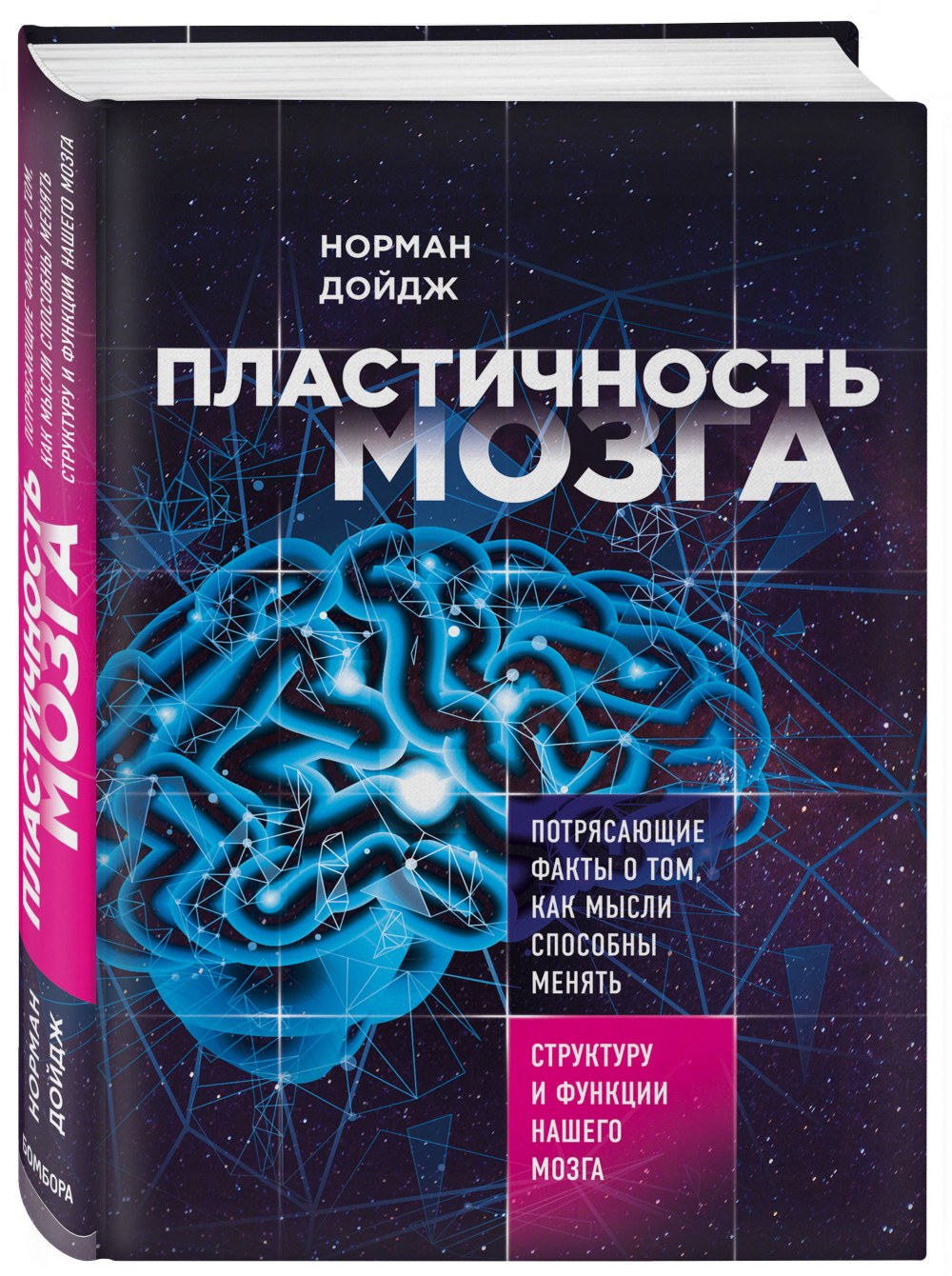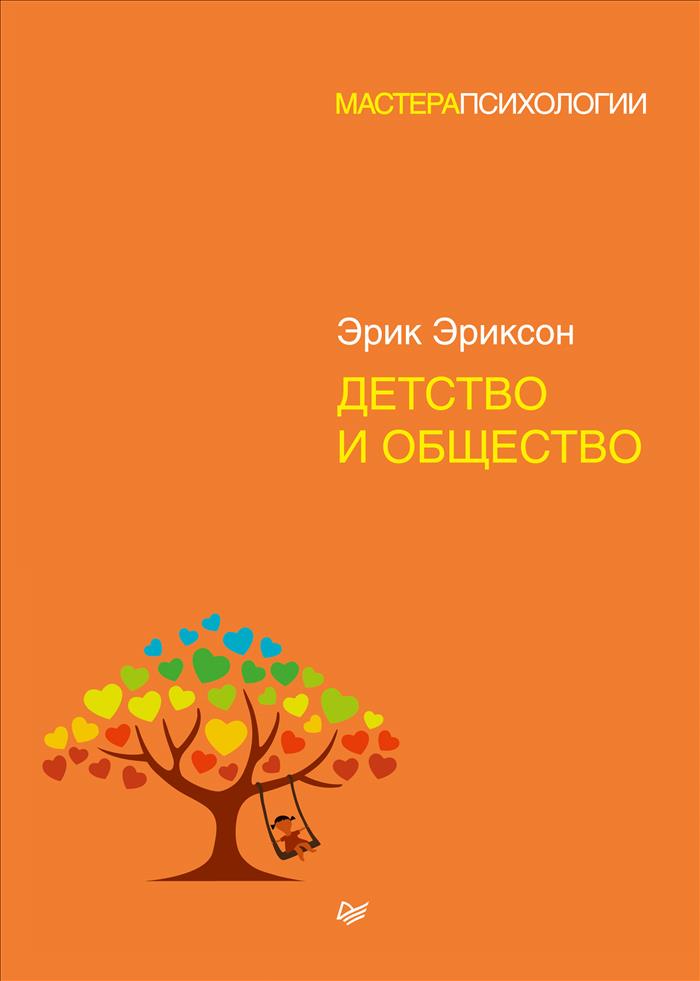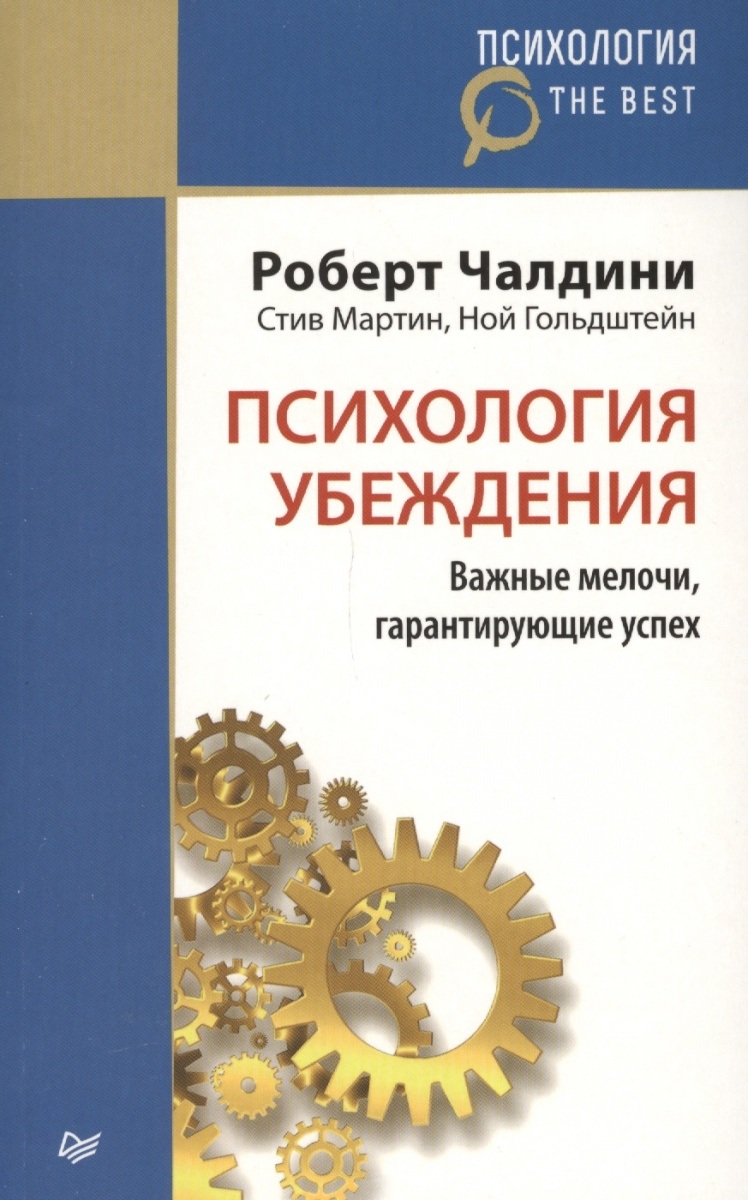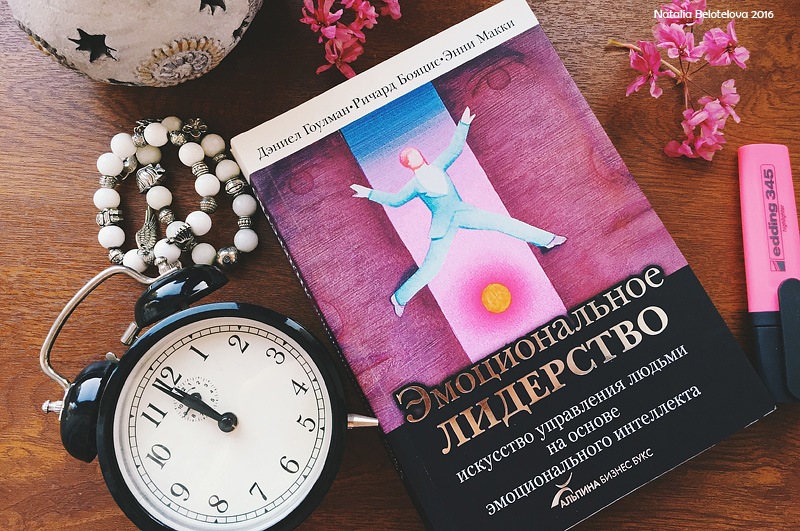11 best books on psychology
In many sources of social networks, in magazines, books, there are terms from psychology: transference, protection, projection, complexes, hysteria, psychological trauma, as well as stress and crisis. All these words come across to us very often in life. Studying the books of great psychologists, we know ourselves, the essence of life, set specific goals and objectives. Today's post offers a selection of the very best psychological books that change reality.
"Games that people play" by E. Bern
The book is based on transactional analysis. It is currently being studied on the entire planet. The author is confident that people's lives are fully programmed until they reach the age of five. And after that, each person plays games with each other, trying on three main roles - a child, an adult and a parent. This book is deep in thought, and very captivating readers.
E. de Bono, Six Hats of Thinking
Bono is a British psychologist who was able to develop a method that teaches to think effectively. The title of the work, Six Hats, speaks of six different methods of thinking. The author offers readers to learn to think in different ways, starting from the situation. In the work, each hat is marked with a certain color, and has a special meaning, for example, criticism, creativity or emotions.
A. Adler, “Character Science: Understanding the Nature of Man”
Alfred is a student of Sigmund Freud, and just a talented psychologist who wrote his own concept of psychology. Adler believes that the actions of each person are influenced by both the past and the future. The future refers to the goal that a person sets for himself. And, based on the goal, the past and present are formed. In other words, knowing the purpose of life, we understand the actions of man.
N. Dodge, “Plasticity of the brain”
N. Doydzh - psychiatrist, doctor of medicine and psychoanalyst. He devoted his own studies of brain plasticity. The author tells in his work about the ability of the brain to change its structure of work with the help of thoughts and actions of a person. As a result of his research, it was proved that the human brain is plastic, and can independently change. The book tells about doctors, patients and scientists who have received amazing transformations. People with serious illnesses managed to recover from brain diseases without pills and surgeries.
S. Vainshenk, “Laws of Influence”
The author of the book is an American famous psychologist, a specialist in behavioral psychology. Susan studies advances in the human brain and neurology. The author talks about the basics of the psyche and its laws. In her book, she focuses on 7 motivators in behavior that underlie the whole life of mankind and have a big wag on what is happening in her.
E. Erickson, “Childhood and Society”
The author of this work is an outstanding psychologist who not only added details, but also made additions to the age periodization of the famous psychologist Sigmund Freud. Erickson proposed the stages of human life, consisting of 8 stages, at the end of which a crisis ensues. And the most important thing is that every person must survive this crisis correctly. In case of obstruction of the crisis, complications are added to the load of the next period.
R. Cialdini, “Psychology of Persuasion”
The book of Robert Cialdini is very famous and very popular. She became a real classic in the social sphere of psychology. This book is highly recommended by outstanding scientists of the world as a guide to conflict resolution and interpersonal relationships.
G. Eisenck and G. Wilson, “How to Measure a Personality”
Hans Eisenck is a British famous psychologist, scientist. He is one of the leaders of psychology in the biological field, as well as the creator of the factorial theory of personality.Eisenck is best known as the creator of the popular IQ (intelligence level) test. His joint work with G. Wilson deserves special attention.
D. Goleman, Emotional Leadership
Goleman completely changed people's perceptions of leadership. He stated that “emotional intelligence” is more important than the level of intelligence. Emotional intelligence is the ability to understand and reveal emotions, both strangers and your own. It is also a way to manage your own behavior and relationships with people around you. A leader who does not have emotional intelligence may well have excellent training, have the mind and infinitely generate new brilliant ideas. But all these abilities fade in front of a leader who knows how to control emotions.
M. Gladwell, “Illumination: The Power of Instant Solutions”
Malcolm is a famous sociologist who presented his research in the field of intuition. He believes that intuition is present in every person, and it is necessary to listen to it. His book tells us that our consciousness processes large amounts of data without our participation, after which it issues the right decision to a person. We can only use this solution and skip it for our own sake. But still intuition is very easy to frighten off with a banal lack of time and constant employment in decision-making, a state of deep stress.
V. Frankl, “The Will to Meaning”
The author of the book is the world-famous psychologist and psychiatrist of Australia, who founded speech therapy. Logotherapy is a common area in the field of psychology. It arose on the basis of the conclusions that the psychologist made while in prison in a concentration camp. This is a therapy for finding meaning, it is a way that helps people find meaning in different circumstances of life, this also includes situations of suffering. And in this case, it is very important to realize reality in order to find this meaning, Frankl suggested not exploring the personality, but its height. This is a rather serious and important difference in emphasis. Previously, psychologists mainly tried to help people by exploring the subconscious and the depths, and Frankl, on the contrary, in his work tries to insist on the disclosure of human potential.































To answer
Want to join the discussion?Feel free to contribute!